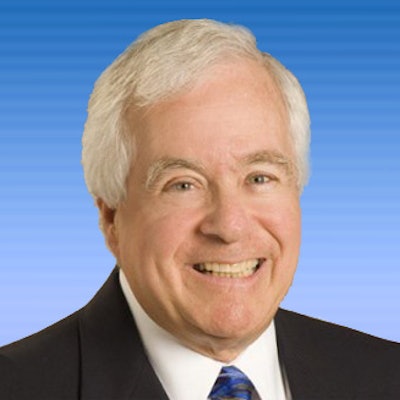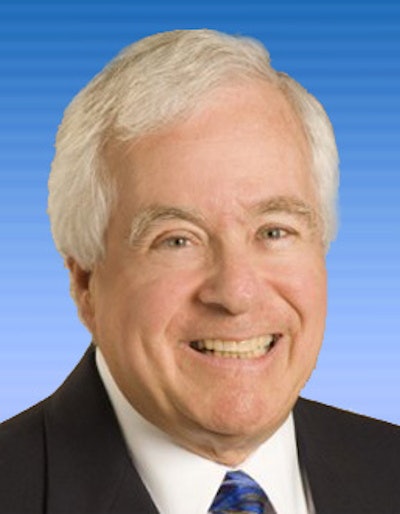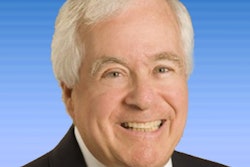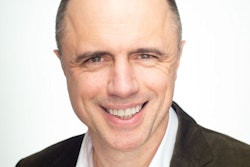
What happens when dentists who own a number of dental practices want to join forces and contribute those dental practices to a startup dental service organization (DSO) that they will own together? There are a lot of steps to take when dentists want to start their own DSO and they are contributing substantial assets to the organization in the form of noncash contributions, such as their own dental practices.
The first thing to understand is that each dentist individually and all of them collectively have to know the value of the practices they are contributing. There is really no magic approach that is cheap, easy, and quick to accomplish this first step.
The most accurate and noncontroversial method of providing the value of what each dentist is contributing is to have an independent valuation of each dentist's practice or practices prior to the organization of the DSO. This will ensure that the valuations are completed in a systematic and consistent manner. The resulting values will all be determined in a similar manner with the same methodologies and assumptions used for each dentist and dental practice. Any existing valuations should be ignored as they may have been prepared for various purposes other than the formation of the new DSO. They also may have been prepared in a manner not consistent with each other, if there are more than two.
The key to these assignments of value is to ensure that each valuation is prepared in a manner that is explained prior to the beginning of the project and that the value of each practice will be used as the initial equity contribution.
Examples
Suppose that dentist No. 1 owns two practices, and the independent valuation of those practices equals $1.25 million. Dentist No. 2 owns three practices with a valuation of $1.45 million. Dentist No. 3 owns four practices with a total value of $1.3 million.
 Bruce Bryen, CPA, CVA.
Bruce Bryen, CPA, CVA.Even though the third dentist owns more practices, his or her dental practice value is really less than that of the second dentist.
The value of the dentists' contributions would be determined as follows: The total value of all of the practices equals $1.25 million plus $1.45 million plus $1.3 million, for a total of $4 million. The dentist who owns practices worth $1.25 million would be granted $1.25 million/$4 million, or 31.3% of the total. Dentist No. 2 would own $1.45 million/$4 million, or 36.3% of the total. Finally, dentist No. 3 would own $1.3 million/$4 million, or 32.4%. There may be cash contributions or contributions of equipment, furniture, and other noncash assets as well (although if these items were part of the dental offices, they would have been included in the dental practice valuation).
Personal items such as art, etc., would have to be evaluated separately if they become part of the initial or future capitalization approach. Any cash contributions would be easy to determine, and each dentist making the contribution of cash would be given credit dollar for dollar of that cash contribution.
There is a great deal of cash needed for the startup DSO, so there will be additions to the capital contribution of each dentist. The above dental practice valuation will probably be only one component of the capitalization. However, the dental practices will most likely be the asset with the highest value used to determine each dentist's ownership percentage.
2 important questions
How much of a cash contribution to capital is the expected amount? Also, what will the cash contributions be allocated to once they are invested into the equity of the DSO?
Legal and other professional fees are unfortunately an integral part of the startup costs of the DSO. A dental certified public accountant (CPA) and an attorney with knowledge of DSOs and the intricacies of their organization are a must to the startup and to the organization costs associated with the original capitalization of the DSO. A reasonable estimate of costs to those in the know is between $40,000 and $50,000. Trying to go "on the cheap" will cost the organization more in the long run.
These professional specialties will be instrumental in an accurate and expeditious entry into the DSO world. These professionals will also have experience in the hiring of personnel. The chief financial officer or vice president of financial affairs is a hire that is probably not needed in an individually owned dental practice or one in which two or three practices are owned by one or two dentists. The office manager and the dental CPA can provide accurate reporting for dentists who are not involved with a DSO and only own a small number of dental practices among them.
The type of chief financial officer or vice president of financial affairs is very important for the DSO, however. It may be difficult to remember that this person's title and job description should keep him or her away from becoming the manager of the office on a day-to-day basis. Each practice may already have its own person in charge of it, or it may be that the employee runs the overall operations of two practices, if she or he is very good.
The dentists starting the DSO are probably also used to managing their dental practices' finances and most likely think of themselves as a chief financial officer already. This has to change. They are still the owner, but they must rely on the person who was hired to oversee the offices and to be able to present the results of operations, prepare budgets, understand the inventory accumulation on the shelves, etc.
Another big question
What else do the original costs provide if the professionals who present these charges have experience with DSOs and dental practices?
As the DSO grows and becomes more and more successful, there will come a time when it is ready to bring in those with money as additional investors. These equity partners are commonly known as venture capitalists, investment bankers, or hedge fund operators, among others. Their goal is to look at the DSO, see its growth, bring in the money for more profitable growth, and, ultimately, get it ready for what is known as an initial public offering. This offering will obtain large amounts of money for the founders and subsequent investors in the DSO, as well as allow it to experience continued growth, lessen debt, and secure exit strategies for all.
The dental professionals who assisted with the organization will know these equity people and will offer the introductions to the owners of the DSO. This will save the owners an incredible amount of time and money in that they won't be calling on those who really don't understand the composition of DSOs. The professionals who assisted in the startup will also understand what to offer future clinical hires and what types of incentive programs to keep them and to allow them to buy into the DSO on an ongoing basis while the growth is occurring.
Bruce Bryen, CPA, CVA, is a certified public accountant and a certified valuation analyst with more than 45 years of experience. Learn more about him and his services.
The comments and observations expressed herein do not necessarily reflect the opinions of DrBicuspid.com, nor should they be construed as an endorsement or admonishment of any particular idea, vendor, or organization.



















